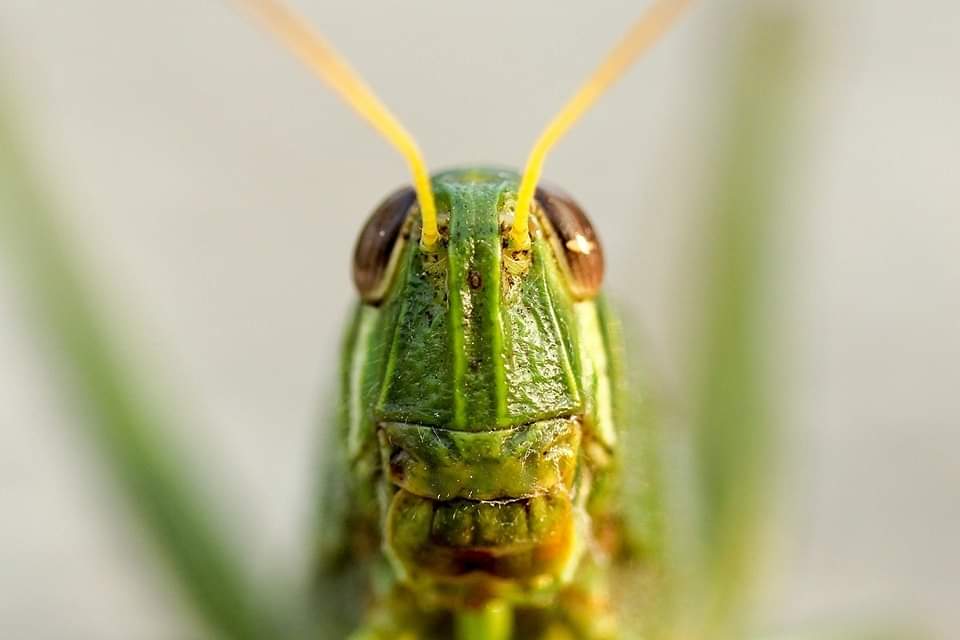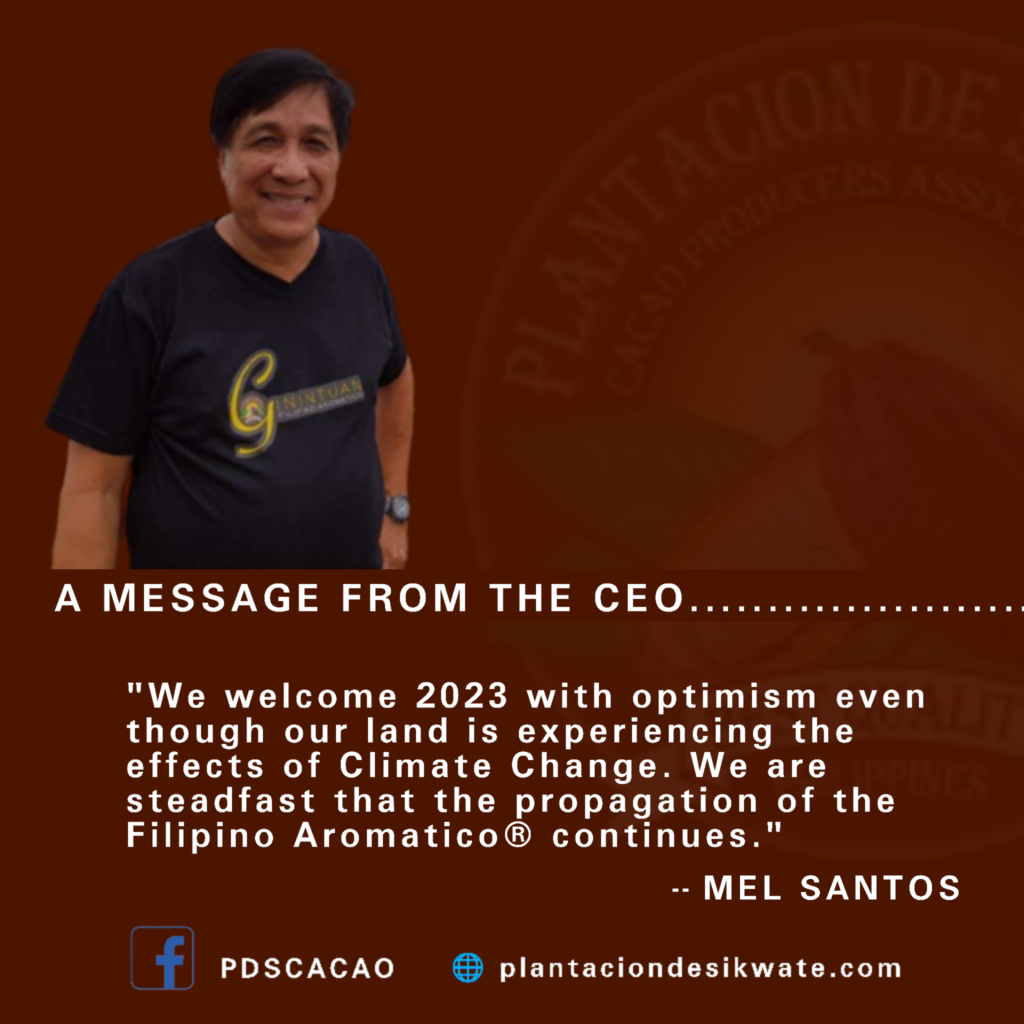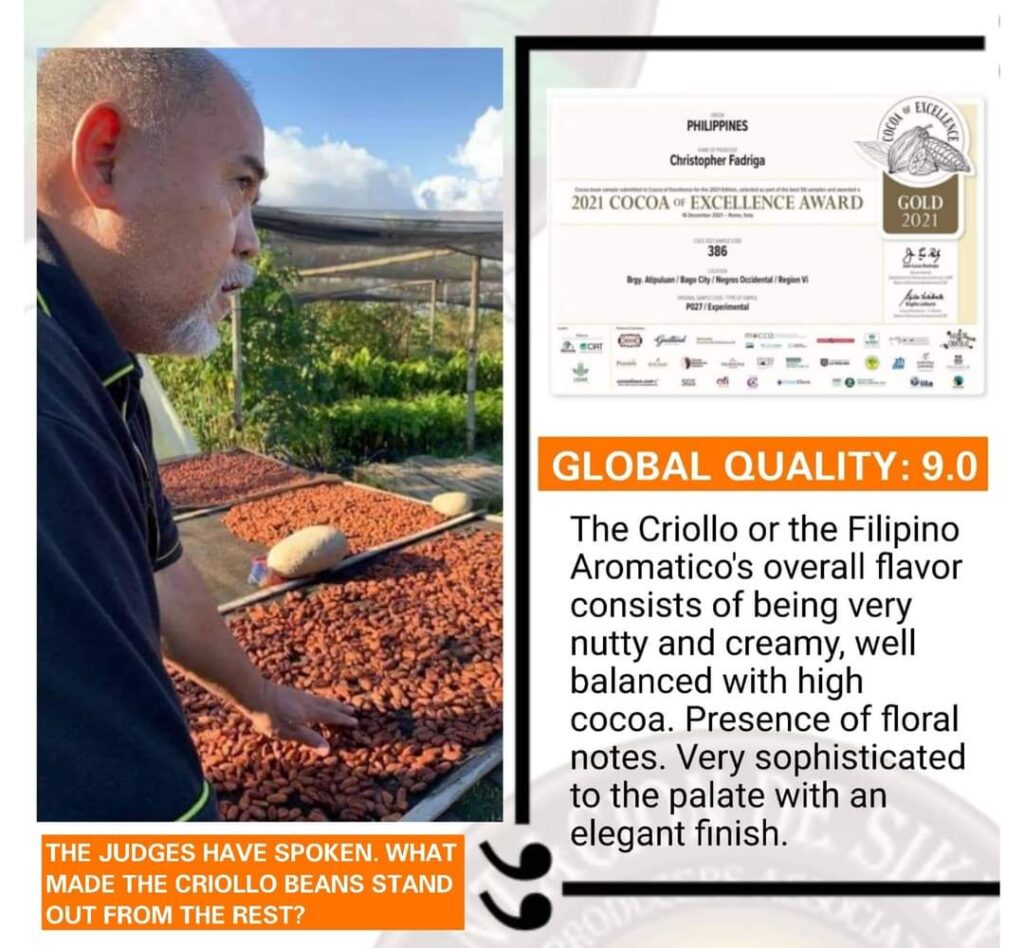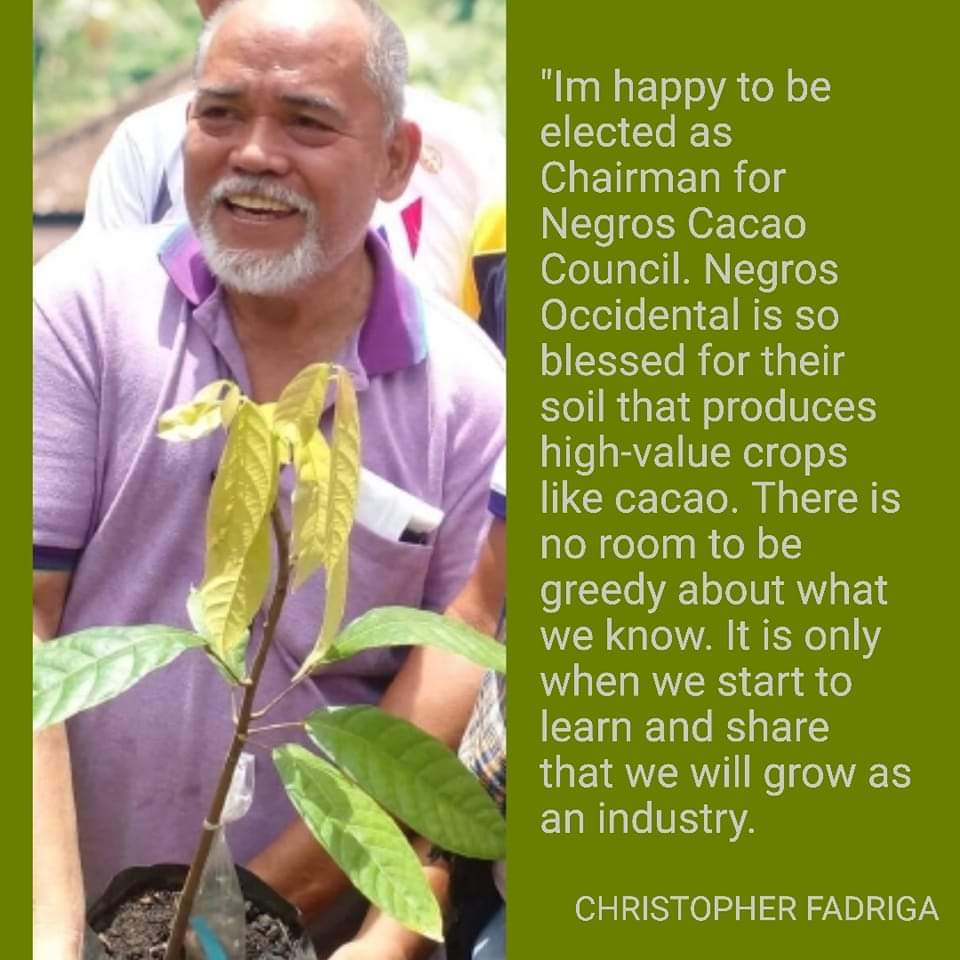#ICYMI – CACAO PLANTING – BEST PRACTICES FROM FARMING TO URBAN GARDENING PDS 2023 eBook Launch happened last June 17, 2023.
The pre-launching feelers began February 1, 2023. All designs and content were made in house by PDS CEO Mel Santos and Media & Marketing Director Mia Concepcion.
Now the easy-read eBook has over 160 pages worth of information on different topics related to cacao planting.
Different farmer associates were featured and shared their best practices in growing the Filipino Aromatico/Criollo variety. They also shared their stumble-blocks and how they overcame such challenge.
Priced at P500, the eBook includes new farming protocols that will surely guide starting farmers. Since caring begins at cacao seedling stage, there are detailed steps, and measurements in the building of a nursery. A must-buy for everyone in the cacao industry.
Place your order/s by messaging us in the PDS inbox or email us at PDSCACAO@GMAIL.COM
Subject: PDS EBOOK
Body:
Name
Address
Mobile #
# of Copies
Payment via GCash/BPI
—–
FEEDBACK:
Carmen, Manila-based Professor: Hi, I read it and found it to be an informative book. Clear and detailed! It’s a nice concept/style of a book of that kind. Creative, innovative, well-researched, well-backed up by the authorities in the industry. I was amazed how our traditions are still alive and continue to live on in this generation. CONGRATULATIONS!
Lita, Start-Up farm owner, Bulacan: I know nothing about planting cacao. The reason I want to learn about it is that my relatives have started their seedling farm and are earning a lot from it. I have my piece of land I inherited from my parents. The information was easy to understand. I learned new things about planting Criollo. Good thing my relatives can show me the hands-on part to fully understand the process. Thank you for a good read. Thumbs-Up!
“So that was the book you were so busy working on. I read a chapter, kept going until I saw the closing! Mia, you know I only read a paragraph to know if it was worth the time. I could not stop! Educating, and definitely creative.” – Brian, Parañaque
“Thank you Mel for opening my mind to the importance of Cacao Planting! I am ready to prepare my land with the coconuts, and bananas then I will buy the grafted seedlings. – Joe, Calamba









